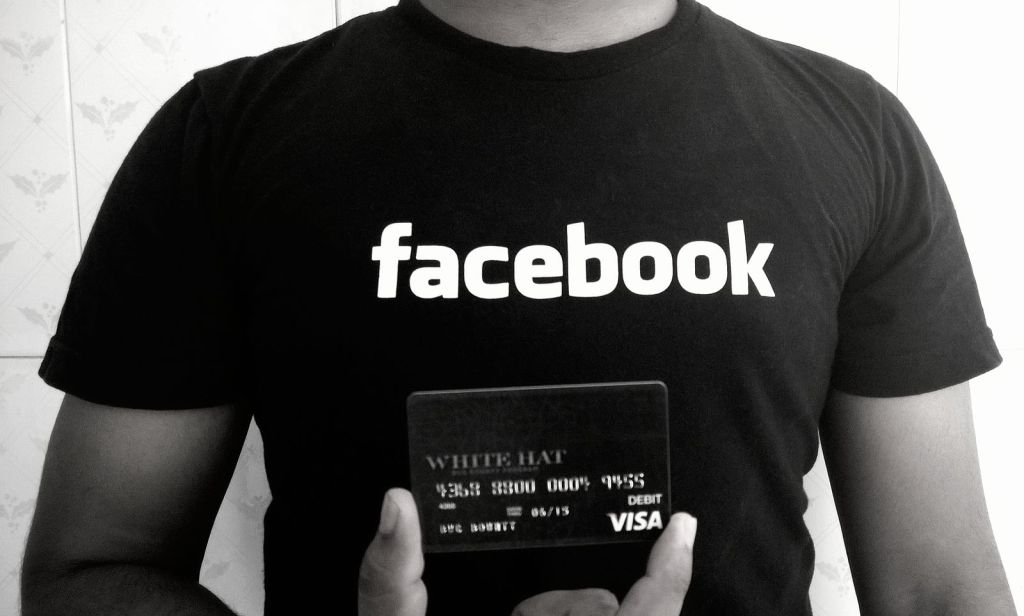Jon Evans
More posts from Jon Evans
Every time you log in to Facebook, every time you click on your News Feed, every time you Like a photo, every time you send anything via Messenger, you add another data point to the galaxy they already have regarding you and your behavior. That, in turn, is a tiny, insignificant dot within their vast universe of information about their billion-plus users.
It is probable that Facebook boasts the broadest, deepest, and most comprehensive dataset of human information, interests, and activity ever collected. (Only the NSA knows for sure.) Google probably has more raw data, between Android and searches–but the data they collect is (mostly) much less personal. Of all the Stacks, I think it’s fair to say, Facebook almost certainly knows you best.
They can use this data for advertising, which is contentious, I suppose; but much worse, it’s boring. What’s long been more interesting to me is the possibility of interpolating from this data, i.e. deducing from your online behavior things that you never explicitly revealed to Facebook–and extrapolating from it, i.e. predicting your reactions to new information and new situations. What’s interesting is the notion that Facebook might be able to paint an extraordinarily accurate pointillist picture of you, with all the data points you give it as the pixels.
That’s pretty abstract. Let’s try a couple of concrete examples. Imagine that Facebook could figure out with a high degree of confidence, from the way you use its app and site, from the links and photos you post, the apps you use, and the stuff you Like, whether you’re a hard worker or a shirker, and whether you’re a good or bad credit/insurance risk. Interesting stuff, to a would-be employer and/or a would-be insurer, no?
And not near as futuristic as it may sound. Your phone can tell whether you’re depressed. Algorithms are already being used to judge our character, and can determine whether your relationship is in trouble based on your collective social graph.
And Facebook just keeps expanding its remit of data. As of this week, you can search all of its trillions of posts — meaning that it can and will add more and more search data to what it knows.
One wonders whether, and how much, it will actually use this data, though. After all, if and when people discover that they inadvertently reveal things they may wish to keep private by simply being themselves on Facebook … they may well decide to stop being themselves on Facebook. Which will mean less candor, less sharing, more forethought and judiciousness — and less time spent on Facebook.
On the other hand, instead of making it clear what they know about us all, they may well simply use this information in an opaque way, to continue increasing their reach and their profits:
Good investigation into why and how Facebook might be showing Tinder and OK Cupid matches as friend suggestions. http://t.co/s0OT9y32up
— Parker Higgins (@xor) October 12, 2015
The creepiest thing about Facebook algorithm stories is you just can't know. It's just informed speculation about a vaguely malicious force.
— Parker Higgins (@xor) October 12, 2015
…in which case Facebook will become a kind of one-way mirror, one that may ultimately literally know you better than you know yourself. Which in turn raises fascinating and disturbing ethical questions worth of a Philip K. Dick (or Kafka) novel — what if Facebook’s deep neural networks predict, based on your behavior, that you’re going to commit suicide? What if they predict that you’re going to kill someone else? What if they have 90% confidence? What if they’re wrong?
I don’t pretend to have the answers. But I think it’s worth considering the possibility that human data on this scale will in the not-too-distant future act as both an X-ray, revealing things about ourselves that we had thought secret, and a searchlight, illuminating what we’re likely to do next.






























Comment